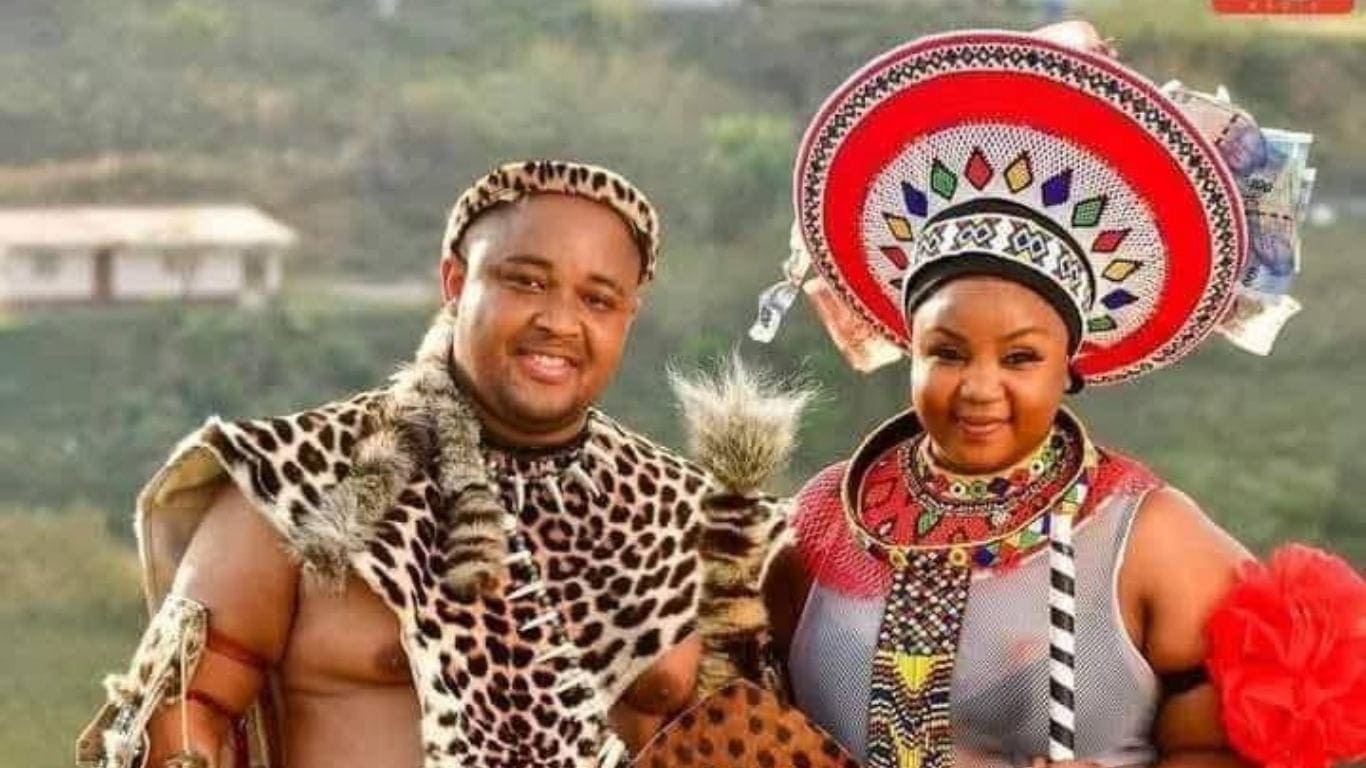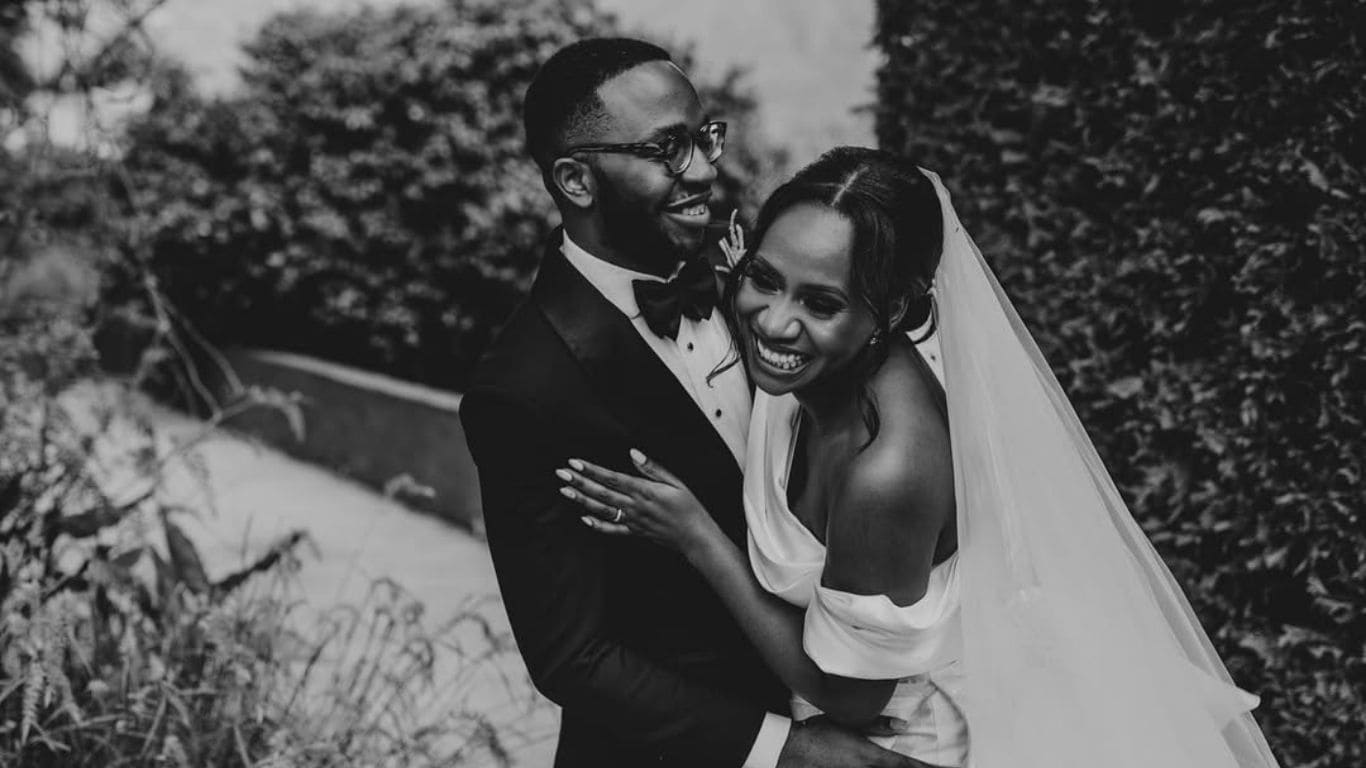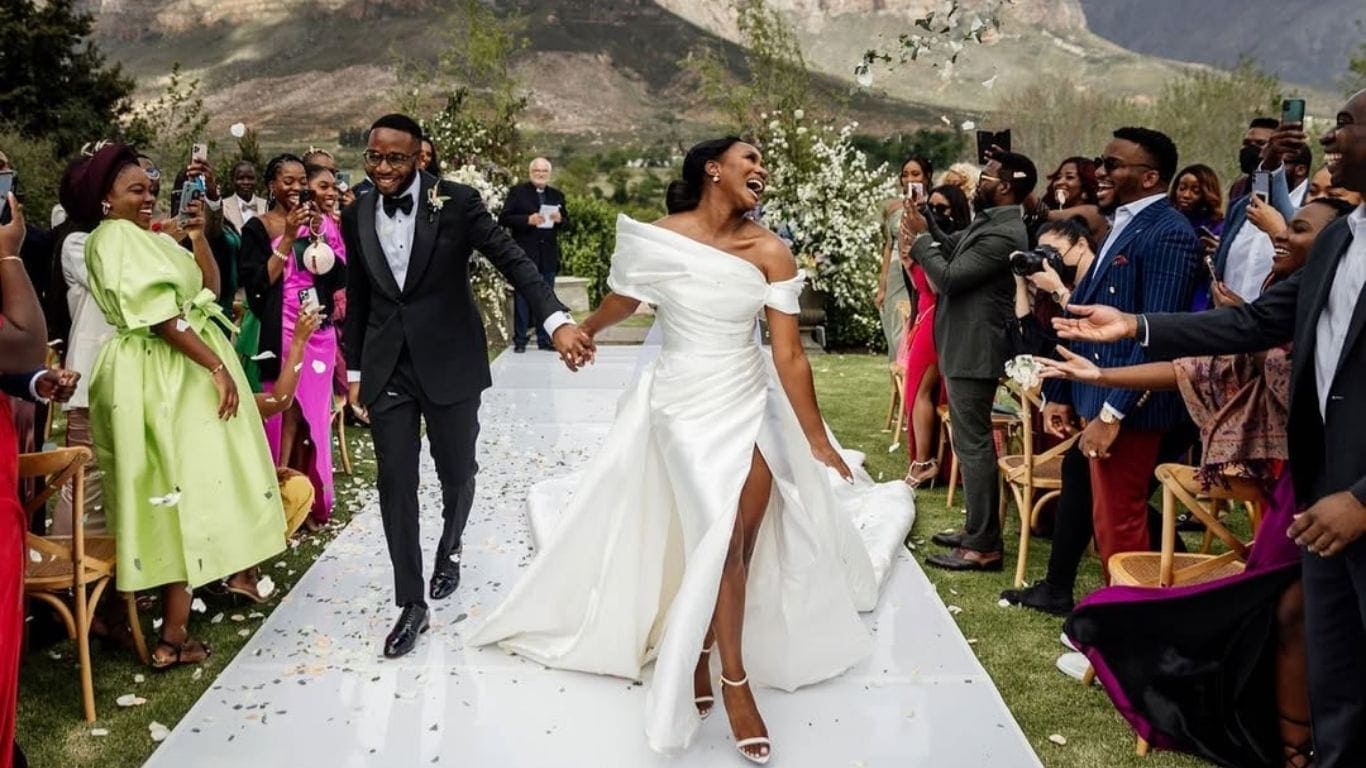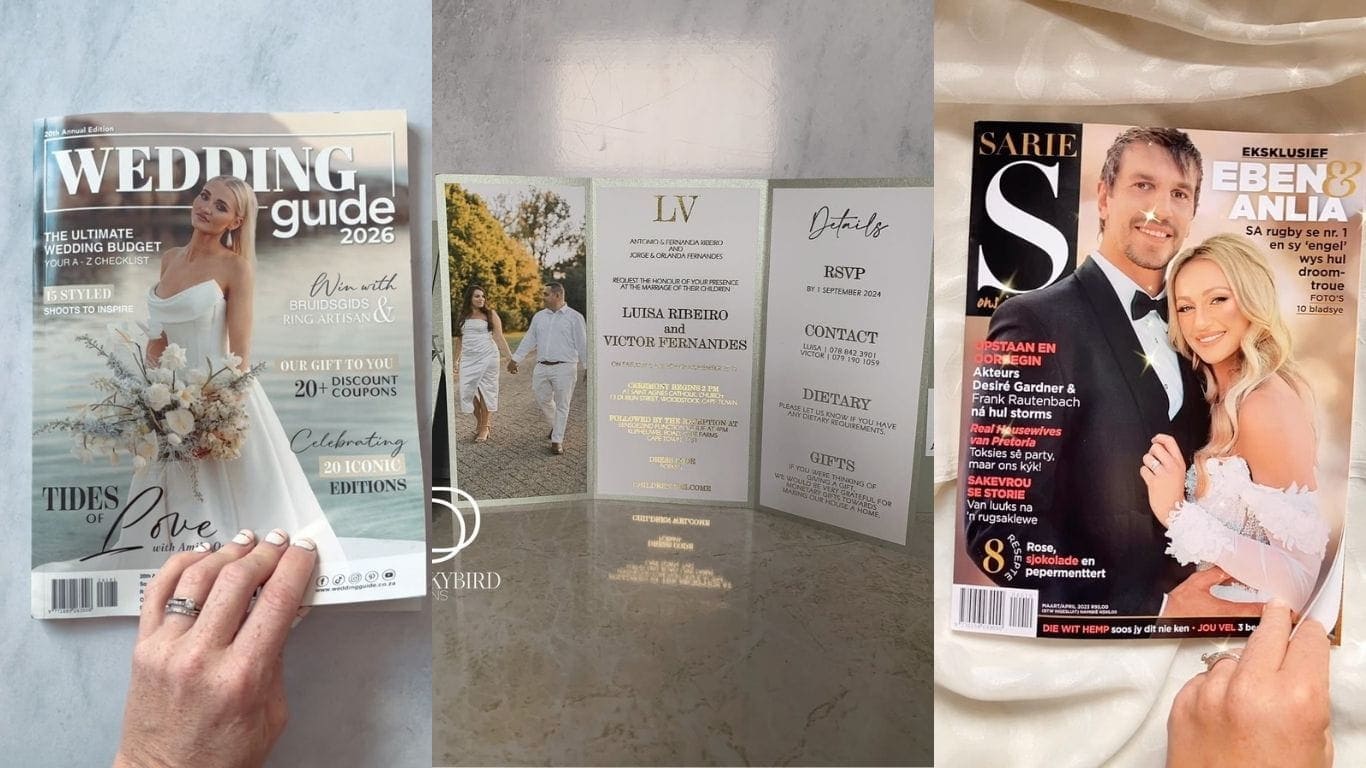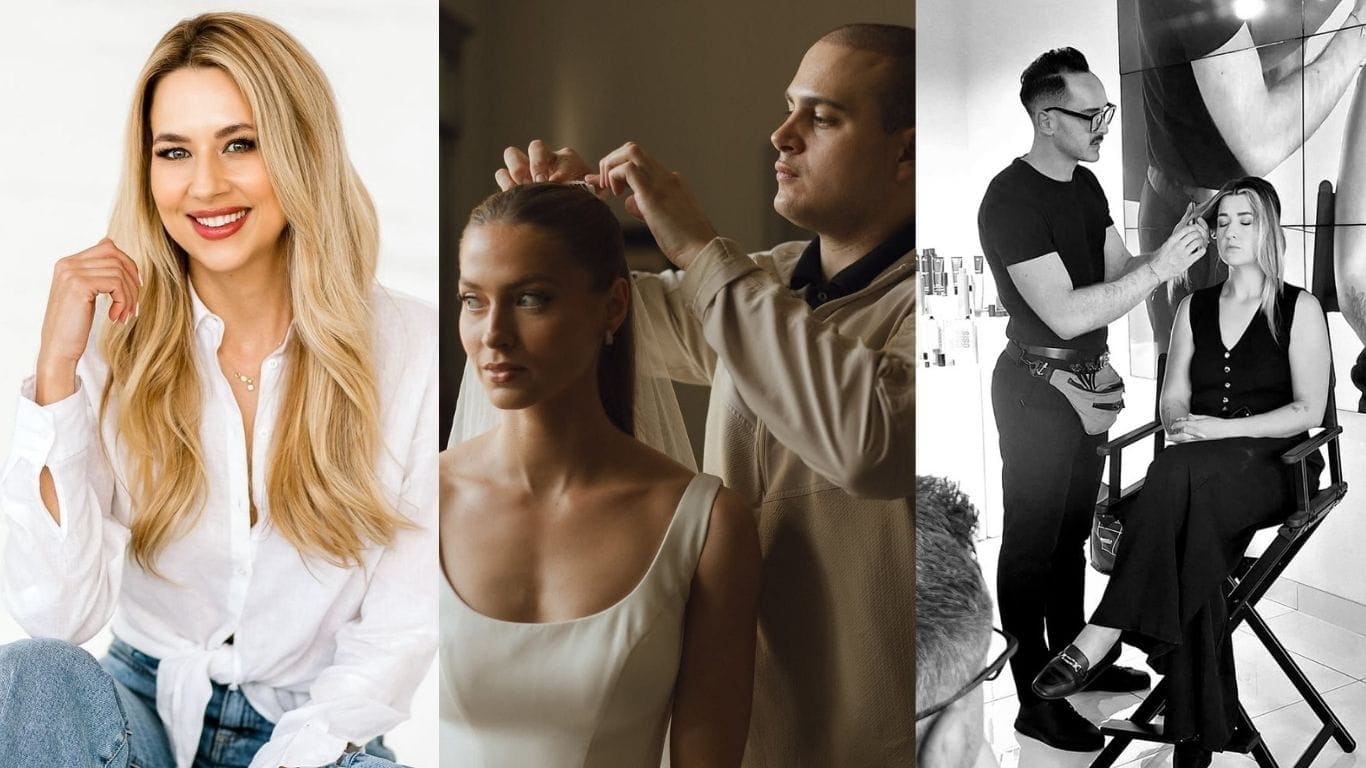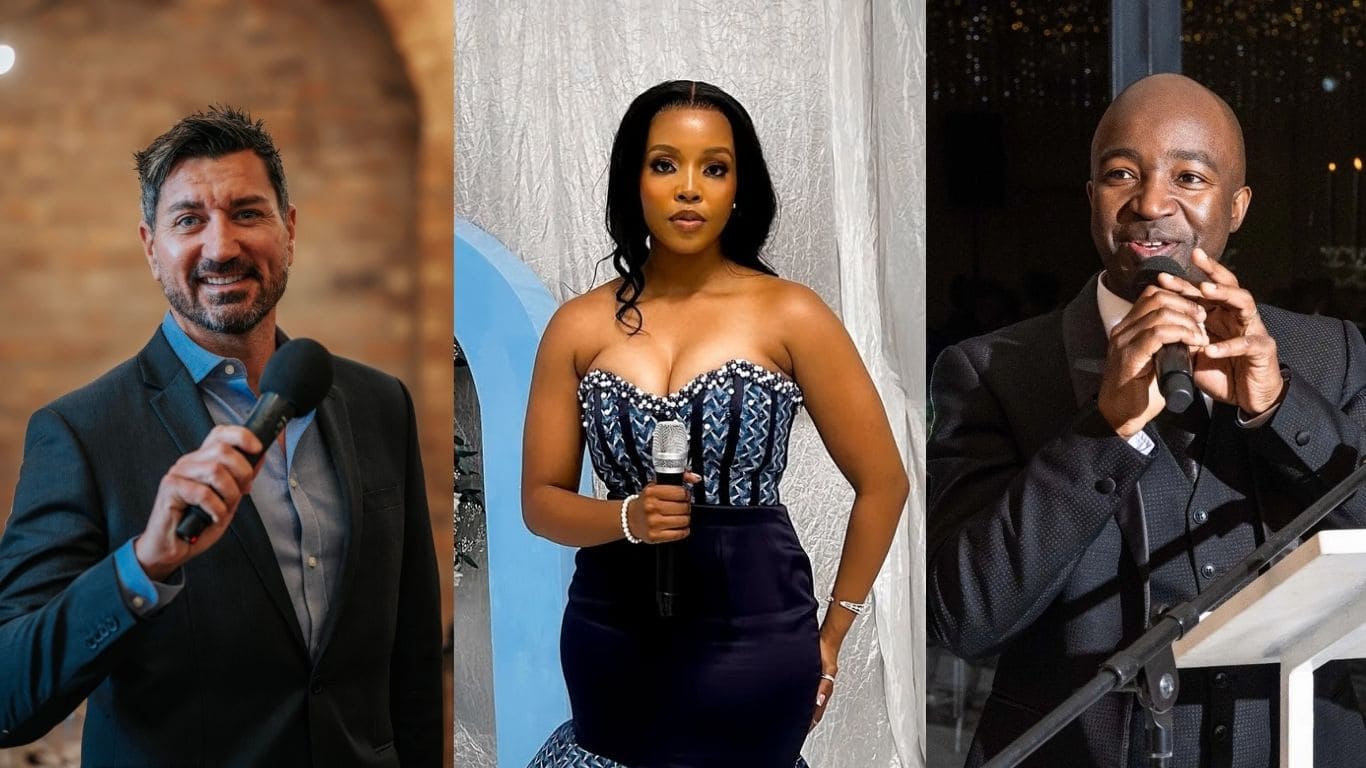Have you ever thought of who foot the bills for a wedding in Nigeria? Here’s a deep dive into what the bride, groom, and their families pay.
Nigerian weddings are not a one-size-fits-all affair, with an estimated 371 tribes in Nigeria, the weddings celebrated by Nigerian couples are as diversely beautiful as the African country itself.
If you’re attending a Nigerian wedding for the first time, there’s a good chance the nearly-newlyweds may be honoring one of the three biggest tribes: Igbo, Hausa, and Yoruba. Furthermore, the to-be-weds may choose to weave Nigerian wedding traditions and rituals into many aspects of the event.
Wondering if the country has a better venue for a typical traditional wedding and reception? There are millions of destinations, including resorts, beaches, hotels, halls, and event centers, where you can have your dreamy nuptial. Check out 100 wedding venues in Nigeria here.
So, I happened to land on Nairaland, a popular Nigerian online forum, where a lot of users were sharing their ideas on “Who pays for the wedding?” Also, there was this discussion on Facebook on the same topic that saw a lot of netizens share different views. Not forgetting Reddit, a lot of such discussions have been had on the popular platform.
Some cultures believe the bride’s family should pay for the entire wedding ceremony, while other families share the responsibility. So, who pays for what at a Nigerian wedding? Keep reading for more.

A broad perspective on the financial landscape of a Nigerian wedding: who pays what?
Who pays what at a Nigerian wedding is a complicated issue that frequently depends on several factors, including cultural traditions, family relations, and the financial standing of the participating families.
Today’s couples must do their best to decide how they want their weddings to be and set their budget. “Budget should be the first discussion couples have together and with their families, otherwise, you are planning in a bubble that may not be your reality,, says Jove Meyer, a wedding planner in NYC. “I know it is not fun or cute to talk about money, but it is super important, as it informs all of the other decisions around your wedding.,
Traditionally, the financial responsibility was shouldered by the bride’s family, covering expenses such as the ceremony, decorations, and the bride’s attire. The groom’s family, on the other hand, assumed responsibility for the engagement and bride price.
However, as Nigerian weddings have modernized, the lines of financial responsibility have blurred, per a publication on Bloommoney. Many couples now opt for a more collaborative approach, with both families contributing to the overall expenses. The desire for financial independence has also led some couples to take on a more significant role in financing their weddings, sharing the financial burden with their families.
“The heteronormative gender roles for who pays for a wedding are changing,, says Meyer. “They are much more modern and equal, taking into account both families’ resources, guest lists, expectations, and the wedding location, as well as the resources and wants of the couple. Families must discuss and be open and honest about what is possible for them.,
@jadeite_imperial Some scenes of the white wedding of Nigerian Actress Ekene & Alex #ea2023 #wedding #nigerianwedding #fypã‚? #viral #ghanatiktok???????? #nigeriantiktok???????? â™? Fall in Love – D'Banj
How much does a wedding cost in Nigeria?
Whether you’re planning a lavish celebration or a more intimate event, having a comprehensive understanding of the costs involved will help you make informed decisions and ensure your special day is unforgettable.
In Nigeria, the price of a wedding ceremony strongly varies. There is no set amount because the rates vary among vendors. You can be fortunate to get a decor service that will charge you less, while another person will be charged an insane amount from that same supplier.
In Nigeria, weddings can range from $9,460 to $13,515, with guest lists often reflecting larger budgets. According to CNN in 2017, prominent wedding planner Funke Bucknor notes that costs can vary greatly, with some weddings costing as ‘cheap’ as $13,869.65 and others reaching up to $277,393.
According to The Guardian in 2016, an average Nigerian wedding has between 350 and 500 guests and costs between 2 and 3 million naira ( 7,000 and 10,000). For a small wedding in Nigeria, couples are expected to pay between 700,000 naira and 1,500,000 naira. However, it will cost significantly more than this for a multi-day celebration if you want to have a typical wedding in the UK. According to reports, the cost of some Nigerian weddings in the UK may reach 40,780,200 naira (roughly $31,220, or 25,000)
The wedding industry has also significantly impacted the makeup artistry industry, with celebrity makeup artist Jide of St. Ola charging a minimum of $1,000 for bridal makeup services, Business Insider Africa reports.

Who pays for what in a Nigerian wedding?
Many people spend a fortune on their entire wedding, from the planning stage to the honeymoon. These costs range from traditional rites to white weddings.
In the early 1990s, costs were “unfairly, divided; however, modern couples finance their weddings in their own ways.
Who will pay for your wedding? In many Nigerian families, the parents of the bride and groom foot the bill for most of the wedding expenses. But some couples and cultures choose to split the cost in different ways. Sometimes the bride’s family is responsible for one day, while the groom’s family pays for another.
You’ll also need to decide if the groom and his family will pay the bride price. (While this is still widely practised in Nigerian wedding culture, more couples are choosing to opt-out of the tradition.)
Ultimately, it’s up to the couple to decide who will pay for what at their wedding. While having more contributors may increase your budget, it can also lead to compromise. So consider this carefully and check everyone has the funds to support you on your wedding day. However, the typical costs or things that are paid for include the following:
Traditional Weddings in Nigeria
The first cost in a traditional Nigerian wedding is the bride price, or dowry, which is known differently in other tribes: the Yorubas call it eru iyawo, and the Hausas call it rubu. The bride price demonstrates that the man getting married is capable of taking care of a family and also serves as a token of gratitude to the bride’s family for raising a wonderful woman.
The Bride Price in Nigerian Weddings
It’s universal across most Nigerian tribes for men to offer an agreed-upon set of items to the bride’s family before the marriage may take place. Historically, it is a sign of respect for the bride’s parents and her side of the family. It is a symbolic gesture to prove that the man is financially capable of taking care of the bride and their new family.
“This is to compensate the bride’s family for the loss of income or labor he is extracting from the family by marrying her and taking her away,, says Feyisola Ogunfemi, a Nigerian wedding planner and owner of Statuesque Events. “This can sometimes be quite exorbitant and the price increases if the woman has a university degree. The groom’s family brings the requested items and once it’s determined that they’ve met the requirements, the event can proceed.,
The bride price is usually a combination of cash and gifts ranging from clothes, household goods, food, and sometimes animals.
“Bride prices or dowry are usually something material, think money, home items, food items or physical property that is given to the family of the bride from the groom’s family, as a symbol of appreciation in recognizing the role the bride’s family played in raising her,” says Bisola Esiemokhai, an Atlanta-based wedding expert and owner of Event Design by BE. “The bride’s family typically comes together to create the list. Lastly, the dowry is often seen as the ‘I do’ answer by the groom, to the question of whether he is ready to marry the bride.”
Esiemokhai emphasizes that it’s important to understand that “the concept of bride price is oftentimes viewed (by other cultures) in a negative light as somehow implying ‘ownership’ of the bride. This couldn’t be further from the truth. As previously stated, the bride price is symbolic of the groom’s intention of marrying the bride as well as showing love and appreciation to the bride’s family for the hand they played in raising the woman he will get to call his wife. It’s an acknowledgment of the sacrifices her parents and family members may have made throughout their lives, the investment they made in her education, etc. This is why the bride price is not only items for the parents but for specific family members as well.“
How much does the bride’s price at a Nigerian wedding cost?
Nigeria is a large country with diverse groups of people with different beliefs and practices. So a marriage rite like the payment of the dowry (or its sum) varies heavily across regions.
Consider the Yorubas (south-west Nigeria), who have a population of at least 40 million in Nigeria and up to an additional 20 million people in neighboring countries and the diaspora.
The dowry is usually a very small amount of money, usually less than $100 (equivalent to a little over 130,000 naira), because it is entirely symbolic. Many Yoruba families do not ask for or accept dowries when men come to marry their daughters.
The marriage culture in Yorubaland is liberal and flexible because women have always had significant rights there, even before contact with the West. So things like families asking for a big dowry are a no-no because they want to avoid notions (implicit or not) that they are selling their daughters like physical things and that the husbands can do with them as they wish.
Yoruba weddings are large and extravagant; this is to make sure they’re memorable for the couple, even though the cost is usually borne by both families. Most Yoruba parents, especially, believe in catering for the wedding expenses of their children, and they should start their lives with whatever they’ve got.
Besides dowry, there’s also something called a marriage list that contains stuff the woman’s family wants the man to buy. In Yorubaland, that list usually has very few cheap items, or for many families, the list doesn’t exist.
It’s the reason Yoruba women find it relatively easy to leave a troublesome marriage and go back to their father’s house. It’s also the reason that Yoruba divorcees also find it relatively easy to remarry (after all, one is not a death sentence and shouldn’t be).
In the North, most bride prizes paid at mosques are around N50,000 (less than $40); the usual maximum is N100,000, which is less than $76.
Many areas in Igbo Land take bride prices very seriously. They put a heavy burden on the husband and his family to show what they can provide. Certain areas use the bride price to chop a man’s money. Others share the bride price between both families.
White wedding in Nigeria
What does the bride’s family pay for? The bride’s family traditionally pays for the majority of the wedding-related expenses, from the engagement party to the newlyweds’ getaway car.
According to Christin Gomes and Ida Gibson, PhD, of Common Courtesy, these costs have typically included:
- Engagement party
- Wedding planner
- Invitations and day-of-stationery for church and reception
- Photography and Videography
- Venue
- Bride’s and bridesmaids attire (and all accessories, including veil)
- Ceremony and reception floral arrangements, décor, and rentals
- Food and drink
- Wedding cake
- Guest transportation
- Travel and lodging costs for bridesmaids and officiants
- Most other reception expenses
Per TheKnot, the biggest expense that the parents of the bride (traditionally) pay for is the wedding ceremony. The venue, décor, and music are all integral parts of the ceremony
A few costs can also be taken care of by the couple’s friends. If they are super lucky, the maid of honor and bridesmaids host the bridal shower and bachelorette party, the best man and groomsmen host the bachelor party, and friends may throw additional engagement parties or showers.
What does the groom’s family traditionally pay for? The groom’s family has traditionally picked up the tab for fewer wedding items, which have included:
- Marriage license and officiant fee
- Corsages and boutonniéres for family members on both sides
- Lodging for groomsmen
- Rehearsal dinner costs
- Reception alcohol (optional)
- DJ or band (optional)
Rehearsal dinners used to range in size from a small, wedding-party-only occasion to a larger soirée that included half or more of the wedding guests. Now, though, as many couples opt for welcome parties that are open to all of their guests, the groom’s parents aren’t expected to take on the entire cost, MarthaStewart reports.
What does the bride traditionally pay for? In the past, the bride would personally pay for:
- Wedding flowers and gifts for the bridesmaids
- All hair and makeup costs
- Groom’s wedding band
- Groom’s wedding gift
While these expenses are still typically covered by most brides, many modern women also contribute to the overall costs of the ceremony and reception.
What does the groom traditionally pay for? Traditional expectations for the groom’s financial contribution include:
- Engagement and wedding rings
- Marriage license and officiant fee (if not covered by parents)
- Legal expenses (e.g.: antenuptial contract)
- Ceremony expenses (organist, soloist, tips, and any form of entertainment)
- Bride’s and bridesmaids bouquet
- Groomsmen’s boutonniéres and gifts
- Bride’s wedding gift
- Wedding night accommodation and the honeymoon
Ring selection, for instance, is done by the couple, and traditionally, the groom pays for both the bride’s rings while she pays for his. But these days, the couple pays for them all, no two ways about that, Ghanaweddingmarket reports.
Post-wedding trips and honeymoon
Today, couples often share the costs of their post-wedding trip, incorporating honeymoon and wedding spending into their big-picture financial plans.
FAQ
Who pays for dowry in a Nigerian wedding?
Historically, as a sign of respect to the bride’s parents and her side of the family, a bride price or dowry is often given from the groom’s family ahead of the wedding date.
Who pays for what in a Yoruba wedding?
The bride’s family is usually responsible for covering all the ceremony costs and feeding, though many families now split the cost. The marriage ceremony is anchored by representatives from both families. They are usually hired, as there are professionals who do this.
Do they pay the bride price in Nigeria?
Payment of the bride price is a popular tradition in Nigeria as well as in most parts of Africa. Yes, it is still a custom before the white or church wedding happens.
How much does MC charge for a wedding in Nigeria?
In the 2024 vendor rates for weddings that we chanced on, it was indicated that the MC and DJ take 800,000 naira. Photographers and videographers are paid around 600,000 naira.
What is the dowry system in Nigeria?
The groom and his family are required to provide the bride and her family with all the items on the list before the engagement can be official. The dowry can contain anything from fruit, candy, and clothes to a new car. If the groom is unable to provide these items, the engagement cannot proceed.
Who pays for an Igbo wedding?
Usually, the bride’s family determines the amount of money to be paid by the groom’s family. The determinant factors differ from region to region and from town to town. In some parts of the Igbo nation, the bride’s parents provide a numbered bride-price list to be handed over to the groom upon request.
How much should the bride’s parents pay for a wedding?
On average, the bride’s parents usually spend 44 percent of the overall budget, while the couple contributes 43 percent and the groom’s parents pay for about 12 percent.
How much does a small wedding cost in Nigeria?
An average wedding in Nigeria costs between 700,000 (seven hundred thousand naira) and 1,500,000 (one million, five hundred thousand naira).
How many guests are at the average Nigerian wedding?
A typical Nigerian wedding will expect a crowd of between 500 and 1,000 guests. The more guests you have, the higher your wedding expenses.
What are the two types of marriage in Nigeria?
Broadly speaking, there are 2 types of marriage in Nigeria, marriage under the Act and traditional or customary marriage.


